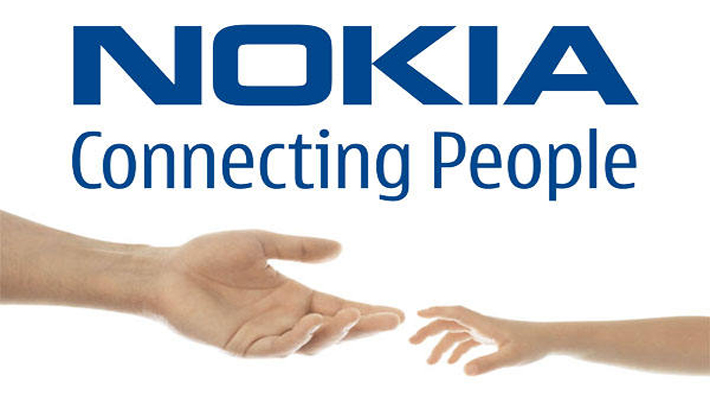Microsoft said it has reached an agreement to acquire the handset and services business of Nokia for more than $7.1 billion, in an effort to transform Microsoft’s business for a mobile era that has largely passed it by.
In a news release late Monday, Microsoft and Nokia said 32,000 Nokia employees will join Microsoft as a result of the all-cash deal. Stephen Elop, the chief executive of Nokia and a former Microsoft executive, will rejoin Microsoft, setting him up as a potential successor for Steve Ballmer, who has said he will retire as chief executive of Microsoft within 12 months after a successor is found.
“Bringing these great teams together will accelerate Microsoft’s share and profits in phones, and strengthen the overall opportunities for both Microsoft and our partners across our entire family of devices and services,” Ballmer said in a statement. “In addition to their innovation and strength in phones at all price points, Nokia brings proven capability and talent in critical areas such as hardware design and engineering, supply chain and manufacturing management, and hardware sales, marketing and distribution.”
Finland-based Nokia was once the mightiest company in the mobile phone business, but it has fallen out of place as the industry shifted to the era of the smartphone. Samsung and Apple divvy up nearly all of the profits in the global smartphone business now.
 A megadeal between Nokia and Microsoft of the sort announced Monday night is something pundits and analysts have speculated about for years, after Elop joined Nokia and signed a pact with Microsoft to standardize on the software company’s Windows Phone operating system.
A megadeal between Nokia and Microsoft of the sort announced Monday night is something pundits and analysts have speculated about for years, after Elop joined Nokia and signed a pact with Microsoft to standardize on the software company’s Windows Phone operating system.
The fortunes of the two companies in the mobile business have become closely intertwined since that agreement, but the deal has done little to boost either company’s position in the mobile business. Windows Phone accounted for only 3.7 percent of smartphone shipments in the second quarter, according to IDC.
While Microsoft still has enormous stockpiles of cash from its lucrative software business, there has been widespread speculation about how long Nokia could make it as an independent company, given how the spoils of the industry have gravitated to companies like Apple and Samsung.
In a statement, Risto Siilasmaa, chairman of Nokia’s board and Nokia’s interim chief executive, said, “The deal offers future opportunities for many Nokia employees as part of a company with the strategy, financial resources and determination to succeed in the mobile space.”
